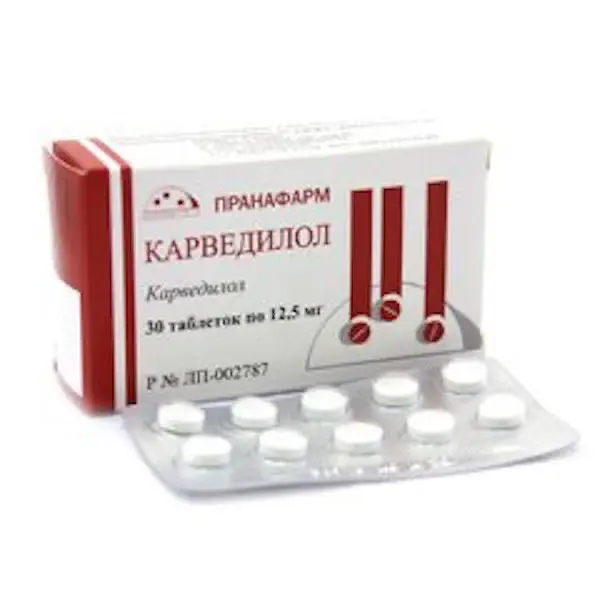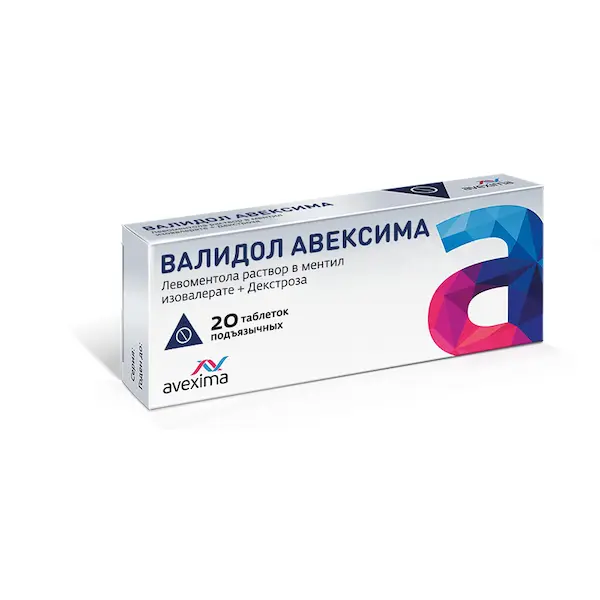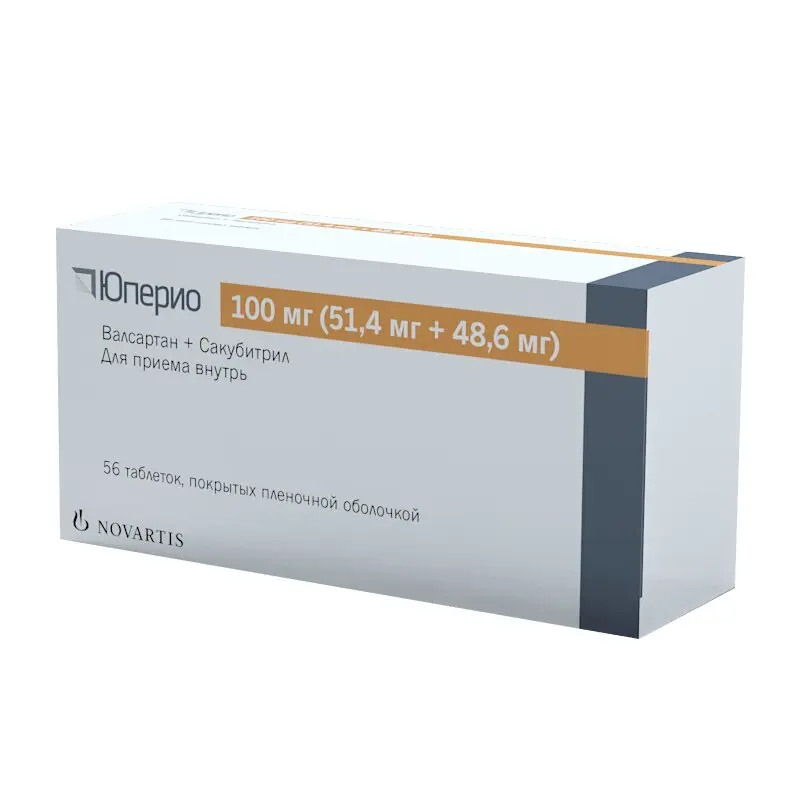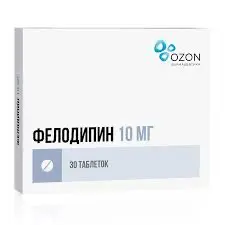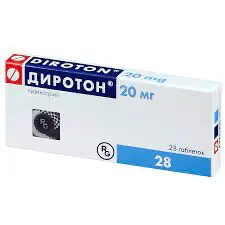Description
Carvedilol Pharmacodynamics
It blocks alpha 1-, beta1- and beta2-adrenoreceptors, has vasodilatory, antianginal and antiarrhythmic effects. The vasodilatory effect is mainly due to blockade of alpha1 -adrenoreceptors. Due to vasodilatation, it decreases total peripheral vascular resistance (TPRR). It has no sympathomimetic activity (SMA) of its own and has membrane stabilizing properties.
It is a racemic mixture of R(+) and S(-) stereoisomers, each with the same alpha-adrenoblocking and antioxidant properties.
The combination of vasodilation and beta-adrenoreceptor blockade leads to the following effects: in patients with arterial hypertension, the decrease of blood pressure (BP) is not accompanied by an increase of PPS, peripheral blood flow is not reduced (unlike beta-adrenoblockers). Heart rate (HR) decreases insignificantly. In patients with coronary heart disease (CHD) it has antianginal effect. Reduces the pre- and post-load on the heart. It has no pronounced effect on lipid metabolism and the content of potassium (K+), sodium (Na+) and magnesium (Mg2+) ions in blood plasma.
In patients with left ventricular (LV) dysfunction and/or heart failure (HF), it favorably influences hemodynamic parameters and improves ejection fraction and LV size.
Carvedilol reduces mortality rate and decreases the number of hospitalizations, improves symptoms and improves left ventricular function in patients with chronic heart failure (CHF) of ischemic and non-ischemic genesis, the effects of carvedilol are dose-dependent.
Indications
Arterial hypertension (in monotherapy or in combination with other antihypertensive agents, such as “slow” calcium channel blockers or diuretics); angina pectoris (including in patients with unstable angina and myocardial ischemia without pain); CHF (stable and symptomatic mild, moderate and severe CHF of ischemic and non-ischemic genesis in combination therapy with ACE inhibitors and diuretics, with or without cardiac glycosides).
Contraindications
Hypersensitivity to carvedilol and to any other component of medicine, acute and decompensated CHF requiring intravenous injection of inotropic agents, II-III stage atrioventricular (AV) blockade (without artificial pacemaker). (without artificial pacemaker), severe bradycardia (HR less than 50 bpm), sinus node weakness syndrome (SBMS), cardiogenic shock, severe liver failure, bronchial asthma or bronchospasm (history), severe arterial hypotension (systolic BP less than 85 mmHg. st), breastfeeding period, age less than 18 years (safety and efficacy of use have not been established), lactose intolerance, lactase deficiency, glucose-galactose malabsorption syndrome (the drug contains lactose), pheochromocytoma without concomitant use of alpha-adrenoblockers.
Dosage and administration
- Orally, with plenty of fluids.
- In arterial hypertension, the initial dose is 12.5 mg once a day for the first two days, then 25 mg once a day, with a possible gradual increase in the dose at intervals of at least two weeks. The maximum recommended daily dose is 50 mg once a day (can be divided into two doses).
- In angina pectoris, the initial dose is 12.5 mg once a day for the first two days, then 25 mg twice a day (up to a maximum of 100 mg divided into two doses).
- In CHF (against the background of selected therapy with cardiac glycosides, diuretics and angiotensin-converting enzyme inhibitors (ACE) – start with 3.125 mg (1/2 tablet 6.25 mg (tablet has risk)) 2 times a day for 2 weeks, then (in case of good tolerance) this dose is increased to 6.25 mg 2 times a day, then to 12.5 – 25 mg 2 times a day (in patients weighing less than 85 kg – the maximum dose is 25 mg 2 times a day, in patients weighing more than 85 kg – 50 mg 2 times a day).
- Before each dose increase, a physician should be consulted to avoid an increase of CHF symptoms or vasodilation.
- If CHF symptoms increase or fluid retention occurs, the dose of diuretics should be increased, or the dose of Carvedilol should be reduced or temporarily discontinued.
- If treatment with Carvedilol is interrupted for more than 1 week, its prescription is resumed at a lower dose and then increased according to the above recommendations. If treatment is interrupted for more than 2 weeks, it is restarted with a dose of 3.125 mg (1/2 tablet 6.25 mg (tablet has a risk) 2 times a day, with subsequent dose increases.
- If vasodilatation occurs, the dose of diuretics should be reduced. If symptoms persist, the dose of an ACE inhibitor (if the patient takes one) may be reduced, followed by a dose of carvedilol if necessary. The dose of carvedilol should not be increased until symptoms of worsening heart failure or arterial hypotension have stabilized.
- Dosing in special patient groups
- For patients with moderate to severe renal insufficiency and elderly patients, no dose adjustment of carvedilol is required.
- For patients with clinical manifestations of liver dysfunction, carvedilol is contraindicated.

